The University of Minnesota Law School and Humphrey School of Public Affairs currently does not have programs for Tribal governance or a Tribal law focus, although law school professors across the country have voiced its importance.
The Law School and Humphrey School have classes in Native studies and Tribal law, but neither have additional classes, a Tribal governance program or tenured Native faculty members to teach the classes.
As a land-grant institution, the University resides on Native lands and through the Towards Recognition and University-Tribal Healing (TRUTH) Project and MPact 2025 Strategic Plan, has a responsibility to improve relations with Minnesota’s 11 Tribal Nations.
University administrators said there are ongoing conversations about developing plans to represent Indigenous issues in curriculum and degree offerings. There are some obstacles in implementing some programs though such as a lack of Native faculty and competition with other programs around the state.
A lack of Native students in the Law School and Humphrey
Many professors and students said one of the issues with the University is the lack of Native student enrollment in the Law School and Humphrey School.
Reid Raymond, assistant Hennepin County attorney, a citizen of the Rosebud Sioux Tribe of South Dakota and former Law School student, said he believes not having a high number of Native students is a result of the University not recruiting or supporting Native students beyond financial means.
“We should really be fighting for them [Native students], to keep them in Minnesota,” Raymond said.
Christopher Smith, current law student, president of the Native American Law Student Association at the University and a citizen of the Red Lake Band of Chippewa, said it was surprising to realize there were not many Native students in the law program at the University.
Professors and students have also said Tribal classes and programs are not just for Native students to participate in.
Professor and department head of the American Indian studies department at the University of Minnesota-Duluth Jill Doerfler (White Earth Anishinaabe) said she thinks the stereotype that American Indian studies and Tribal governance programs are only for Native students is not true and that non-Native students are welcome to participate.
Tribal governments employ many non-Native employees, so a degree in Tribal governance or American Indian studies is very valuable, Doerfler said.
Matthew Fletcher, a professor of law at the University of Michigan and a citizen of the Grand Traverse Band of Ottawa and Chippewa Indians, said there are 574 recognized tribes and only about 2,500-3,000 Native people who are lawyers, which leaves many tribes in need of non-Native attorneys.
He said the same is true for every other area of Tribal government and Tribal economic activity, being that the vast majority of people who work for and with tribes are not Native.
“It’s necessary for non-Native students to know about Tribal governance,” Fletcher said.
Demonstrating the need for Tribal curriculum
Students and professors have expressed that the lack of Tribal curriculum and options for classes beyond Tribal law is another issue that deserves to be recognized.
Smith said although the University’s Law School offers an Indian law class and an Indian Law clinic, he thinks they could do more regarding curriculum.
“I think we would benefit from more Native faculty and classes,” Smith said. “There could be more classes beyond Indian law.”
Raymond said he thinks the University’s Law School is a very good law school, however, he also believes improvements could be made through additional Tribal classes.
“The Law School and Humphrey would benefit greatly by having classes that address Tribal sovereignty and what’s going on with tribes in Minnesota and across the country,” Raymond said. “It’s mutually beneficial and good education for there to be classes and curriculum about Tribal governments.”
Kevin Washburn, dean of the University of Iowa College of Law and citizen of the Chickasaw Nation of Oklahoma, who also served as a Law School professor at the University from 2002 to 2007, said at Iowa State, they teach Indian law once a year, but there is only one federally recognized tribe in the state.
“There are 11 tribes in Minnesota and each deserves to be well-served in the educational system,” Washburn said.
Eric Eberhard is the associate director of the Native American Law Center and professor of practice at the University of Washington School of Law and practiced Indian law for more than 50 years. Eberhard said curriculum goes beyond law classes, and an understanding of Native history is also needed.
“I think Indian law is unique in the sense that you have to understand the historical basis of the law,” Eberhard said. “Indian law is living and it is connected to the history of Native people in the United States.”
Eberhard also said every law school in the country with a substantial Native population should have a rigorous curriculum for Indian law.
“The curriculum should make sure the graduates of the law school know the history of the law and the laws that apply to Native peoples,” Eberhard said.
Nisha Botchwey, dean of the Humphrey School, said in an email to the Minnesota Daily that the Humphrey School currently offers a Tribal-State Relations Workshop at Duluth, which examines the many levels of federal Indian policy and includes a course that focuses on energy systems and Tribal communities.
“We have expanded our collaboration with UMD’s Department of American Indian Studies to make Duluth course offerings and certificate programs accessible to Humphrey School students,” Botchwey said.
The law school curriculum regularly offers an Indian law course and an Indian Child Welfare Act (ICWA) Clinic, Mark Cohen, communication director for the University’s Law School, said in an email to the Daily. Additionally, the Child Advocacy & Juvenile Justice Clinic has also worked on cases involving Tribal law, he said.
The Law School would welcome the opportunities to further expand offerings in Tribal law and in recent years has been engaged in discussions with Humphrey about collaborating on Tribal law and governance work, Cohen said.
A need for Native faculty
In addition to curriculum, the University also lacks Native faculty positions, specifically those that are tenured.
Fletcher said Native faculty members attract Native students to the program and have the experience needed to teach about Tribal governments.
Fletcher also said it is helpful for Native students to be mentored by someone who comes from a Tribal government background.
“It’s really important to have people who have some experience working within Tribal governments dealing with Tribal governments, and those people tend to be Native people,” Fletcher said.
Both Raymond and Smith said there are not many Native faculty at the University and that tribally-focused classes should be taught by someone tribally affiliated.
Raymond also said tenured faculty positions are necessary in both the Law School and Humphrey School because it shows the University’s commitment to Native education.
“There is no major effort and I do not believe there is a Native tenured faculty member in any of those schools,” Raymond said.
Eberhard said without tenured faculty with experience in Indian law, Tribal voices are absent from positions of policy making at the University.
Eberhard added that he used to be partners with former Vice President and University graduate Walter Mondale and in his opinion, both Hubert Humphrey and Mondale would not be proud of a school carrying their names that does not include Native voices.
“Humphrey would not be happy that a school carrying his name does not have a representation on the faculty and in the policy making councils of the school for Native people,” Eberhard said. “There is no way he [Mondale] would be happy to see a whole segment of Americans excluded from the policy councils anywhere.”
Fletcher said beyond the Law School and Humphrey School, Native people should be represented throughout every discipline on campus.
“It seems like Natives always have to break down the doors to get in,” Raymond said. “We are here, if the University wants to move forward, there are plenty of well educated people willing to assist.”
Obstacles in creating programming
Some law professors and students said they think additional programming in Tribal governance and law would improve the educational experience at the University.
“A specialization in Tribal law would be a great option to have,” Smith said.
Washburn said programs of this type are important in educating and supporting tribes with Indian law issues.
However, some professors said they think adding a Tribal governance program would be difficult for the University.
Washburn said the University has never had a large number of Native students in the Law School due to competition from other local law schools.
“The Native students are split between three different law schools in the same city,” Washburn said. “It’s hard to get a critical mass of Native students for a full program.”
Additionally, Doerfler said Duluth has a Master of Tribal Administration and governance program through an online format that is available to all University campuses. She said she worries if the University starts offering their own program, student enrollment would be stretched between two campuses.
Students on the Twin Cities campus can take classes through Duluth with the multi-institutional registration system.
“It’s unnecessary, because it’s already being offered … students could just take our program,” Doerfler said. “There’s no reason for the University to invest additional resources in the exact same program.”
The University has made progress, but some think more could be done
Fletcher said many institutions received their lands directly from the federal government and the federal government received their lands directly through treaty processes.
“The lands upon which these universities are located come directly from aboriginal land holdings,” Fletcher said. “There is absolutely a moral and political obligation of universities, who are land-grant universities, to educate Native people and non-Native people about Native people and Tribal governments.”
Tribes are a huge economic contributor ingrained into the fabric of Minnesota and, therefore, they should be seen as an educational priority at the University, Raymond said.
Raymond said he thinks the University is missing a big opportunity in training people to fill positions provided by the Tribes.
“Everyone in Minnesota needs to know about tribes … I think not recognizing that is not wise, it’s not good education,” Raymond said.
Doerfler said Tribal administration and governance is an important area of study that most people are unaware of.
“Our political status is still widely misunderstood in the general population,” Doerfler said. “I think it’s important for everyone to have an understanding that American Indian nations exist today.”
The lack of Tribal programs has led some people to believe the University is falling behind other institutions and establishing programs for Tribal governance would benefit the University.
“Those portions of the University, the Law School, Humphrey and Carlson are probably, on a nationwide basis, lagging behind other higher education institutions,” Raymond said.
Raymond said he recognizes how far the University has come with involving Native education through the American Indian Studies (AMIN) department established with the help of his father, but he also believes there is more the University can do.
The University remains committed to working respectfully with Minnesota’s Tribal Nations, Karen Diver, senior advisor to the president on Native American affairs, said in an email to the Daily. This includes ongoing conversation about developing and implementing plans to represent Tribes and Indigenous issues in curriculum and degree offerings.
Raymond also said because of the large Native social movements that began in Minnesota, the University should use their status to become a leader in Native programming.
“We should be one of the leaders … the American Indian Movement was formed in Minneapolis,” Raymond said.


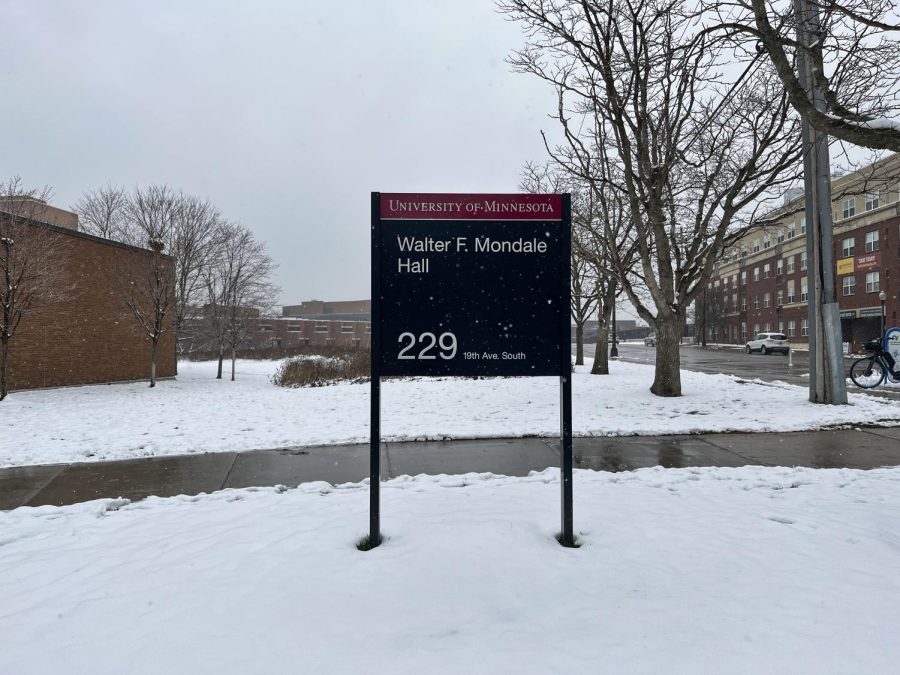


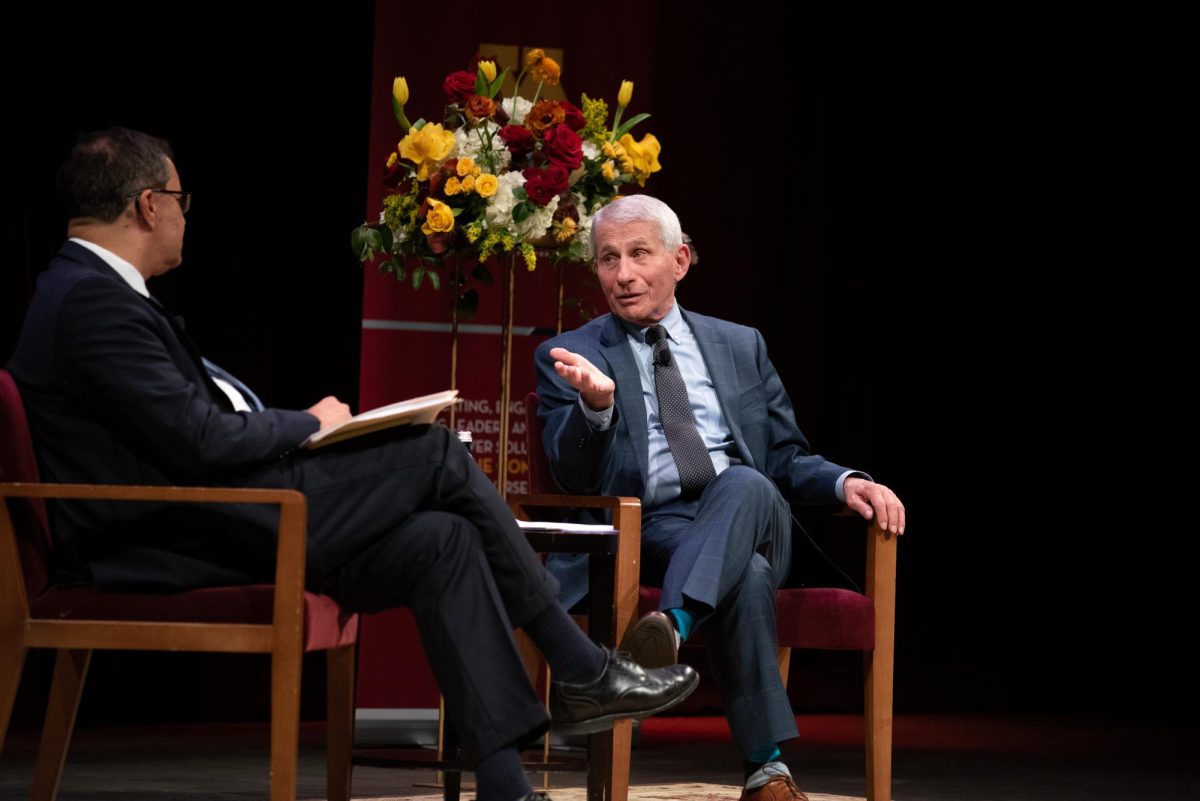






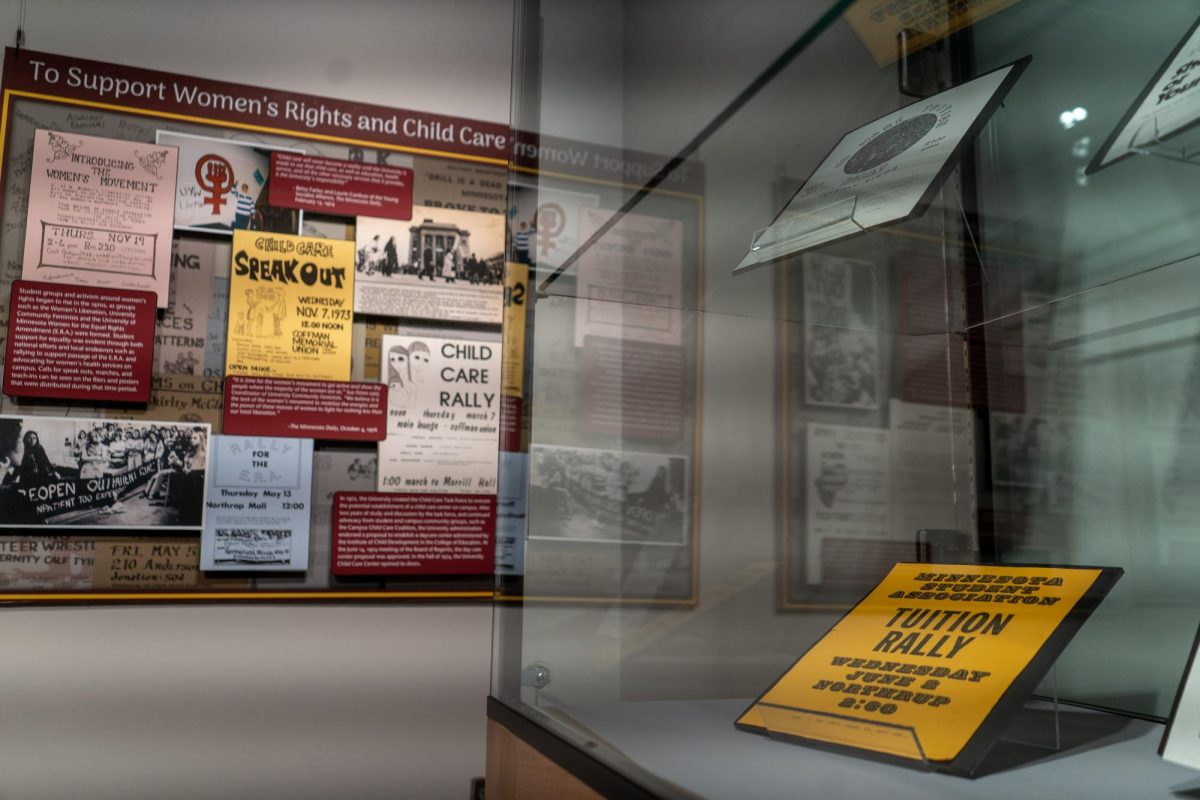
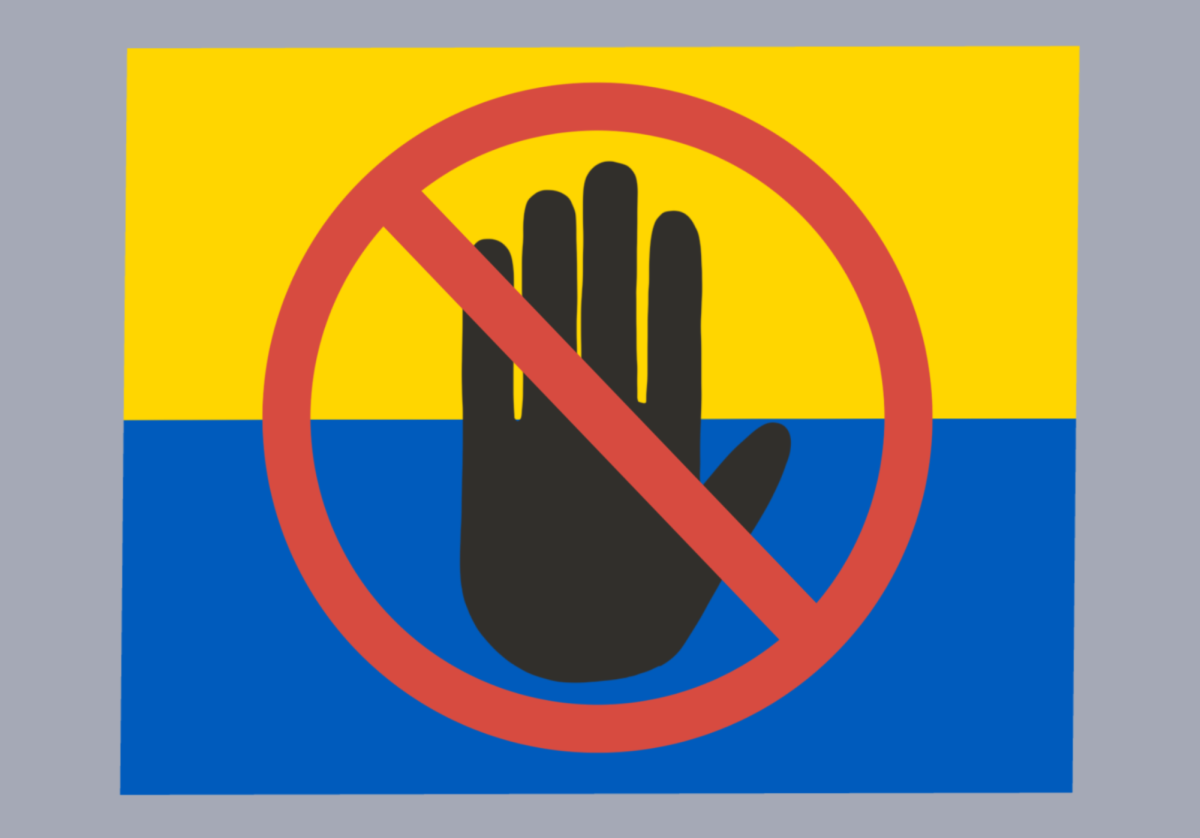




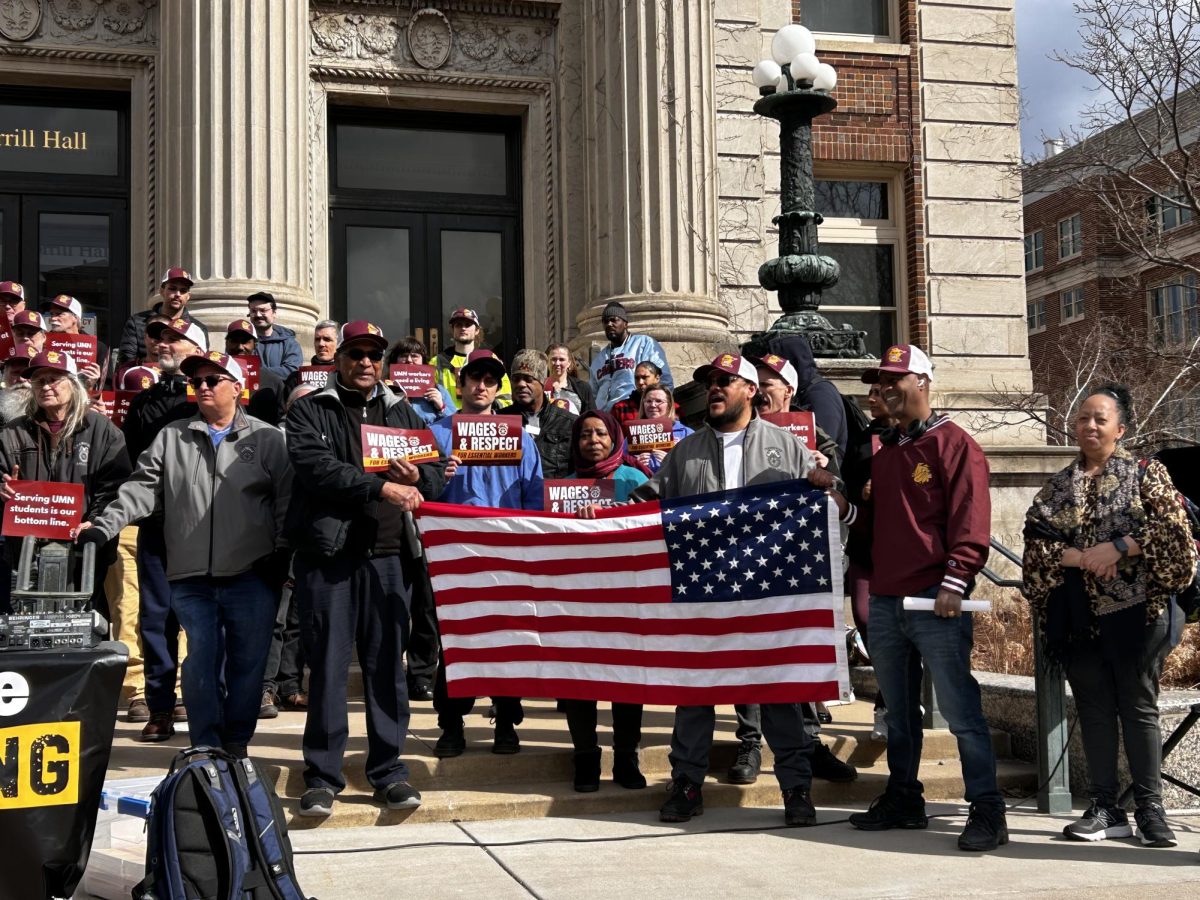
Nah
Nov 22, 2022 at 5:06 pm
If a native student makes it to law school they can basically go wherever they want. Like Harvard.
Why would they want to come here?